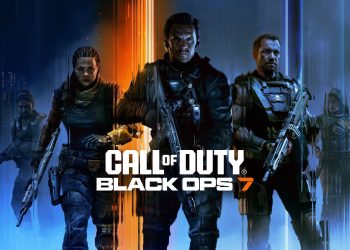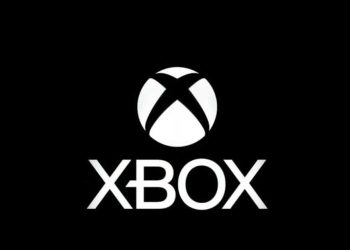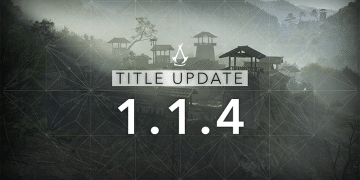The gaming world has erupted with chatter about the recent launch of Black Ops 6, hailed by Activision as the “biggest Call of Duty ever” based on its initial month’s player engagement. If you’re anything like me, you’ve probably spent countless hours zipping around maps, executing headshots like a digital sniper while losing more than a few matches to those pre-teens who can’t spell “dinner.” But let’s break down what this record-breaking launch means.
According to Activision’s announcement on Monday, Black Ops 6 not only attracted more players than any previous title but also shattered records for both total hours played and matches engaged. Released on October 25 across platforms including Xbox Series X/S, PS5, and PC, this entry marks a major moment in franchise history, especially since it’s the first game available on Game Pass from day one. Talk about breaking barriers!
Thank you to the Call of Duty community for continuing to make the launch of #BlackOps6 one for the record books 🔥 pic.twitter.com/NVo9Q9zNVr
— Call of Duty (@CallofDuty) November 25, 2024
Microsoft CEO Satya Nadella, riding high on this wave of success during an earnings call, stated that Black Ops 6 set records for day-one players and subscriber additions. His enthusiasm was palpable: “The launch…was the biggest Call of Duty release ever.” Meanwhile, Mat Piscatella from Circana described player engagement post-release as ‘bonkers’. I mean, who doesn’t love a little hyperbole now and then?
The Numbers Game
Diving deeper into the statistics reveals some intriguing insights:
- Player Engagement: The most Major jump in active users compared to any prior Call of Duty title.
- Total Hours Played: Surged past previous games within their first month, impressive!
- Game Sales Growth: Sales were up 5% compared to last year’s lackluster Modern Warfare 3 but still lagging behind Modern Warfare 2’s numbers by about 28%.
- Platform Dynamics: PlayStation versions saw a promising uptick, 26% higher sales than Modern Warfare 3.
This meteoric rise isn’t without its questions though. Is this massive influx primarily driven by nostalgia or sheer market strategy? While having Black Ops available on Game Pass right off the bat undoubtedly broadened access for many gamers (myself included), there are murmurs that such strategies could lead to long-term ramifications across platforms, a sort of divide-and-conquer scenario in gaming ecosystems.
Piscatella’s observations hint at nuanced outcomes: despite substantial subscription boosts for Xbox alongside increased full-game sales on PlayStation, he cautions that we’re still scratching our heads regarding subscription impacts. While everyone is playing together now, we might see some fractures later when choosing sides, like those awkward schoolyard moments where you realize your best friend picked the wrong team again.
The broader implications here stretch beyond just one title. With game sales rising collectively across Europe following Black Ops’ release, which accounted for a notable 12.4% increase in October, it showcases how pivotal titles can shift market dynamics significantly. It feels like we’re living through an era where big releases are not just hits but tidal waves that reshape entire landscapes.
I can’t help but feel excited yet cautiously optimistic about what lies ahead for both developers and players alike as trends evolve with each groundbreaking release. Will we continue seeing such robust engagement levels? Or will they fizzle out like my failed attempts at competitive gaming? Only time will tell!





















